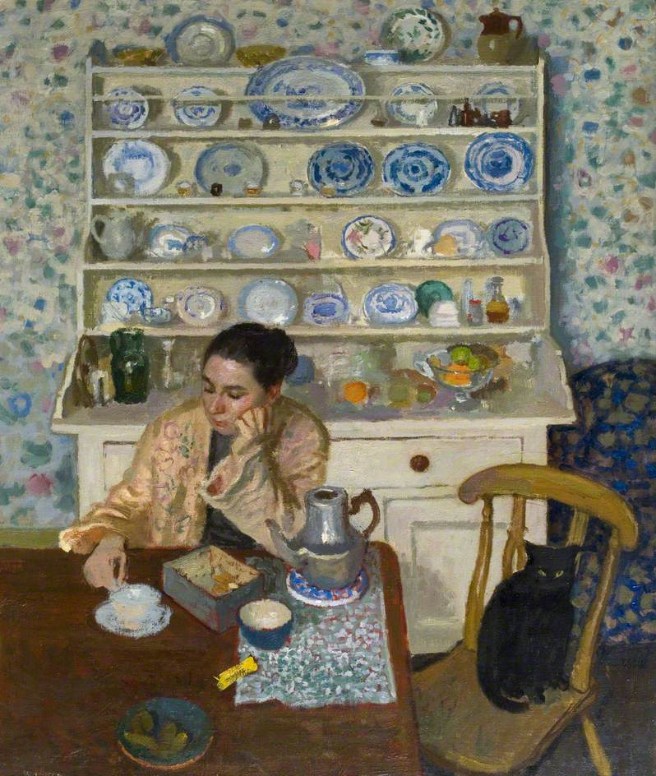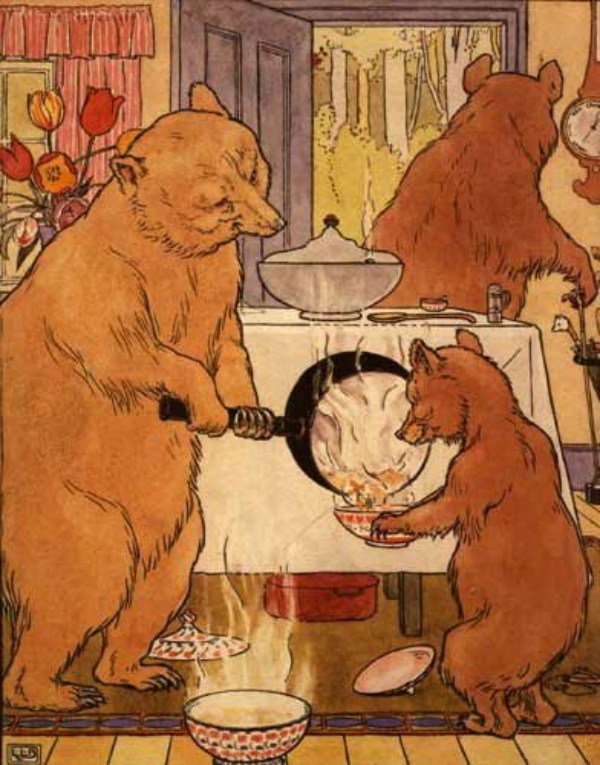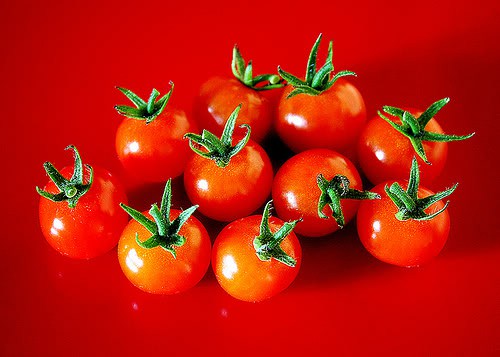“There’s a certain time of day after sunset when people naturally seem to feel the urge to gather by a fire or a stove or a hibachi or another common source of heat and food, and hunker down together to eat and drink. Call it the blue hour.” ~ Kate Christensen

🎵 Blue on blue, heartache on heartache . . . 🎶
Remember that song? It comes to mind whenever I think about 2017 . . .
But now it’s 2018 — Happy New Year, Friends!
We’ve turned the page, so it’s time to shift our thinking.

BLUE IS GOOD!
In fact, it’s so good, I chose to make THINK BLUE my motto for 2018. 🙂
Last year my One Little Word was TRUTH. Poor Truth was tested, dragged through the mud, disguised, distorted, ignored, disregarded. Is that any way to treat one of the bedrocks of a civilized society? I think not.
I will always champion Truth, because no matter what you do to her, she prevails. She will always find a way to make herself known.
Since Truth is having an especially tough time right now, I wanted to support her with Two Little Words. I chose THINK BLUE after reading this poem:
*

HIS FAVORITE BLUE CUP
by Stephen Dobyns
Over the years — and Heart has had many years —
numerous objects have slipped from his possession,
some were lost, some fell apart, some got stolen.
That cowboy doll he loved as a child,
does a piece of it still remain? And the pen
he’s been looking for all week, where does it hide?
His favorite blue cup which the dog broke,
the green linen shirt that at last wore out,
the Chevy convertible that wound up in the junk yard —
Heart has come to think that all these objects are together
along with absent friends, departed family members
and pets that traveled over to the great beyond.
Somewhere, he believes, there’s a place made up
of previous houses, former gardens and furnished
with the vanished furniture his hands have touched.
There missing friends recline on once-loved chairs.
A cat gone for twenty years naps beneath a burning lamp.
Lost clothes fill the closets, lost books line the shelves.
The trees in front, cars in back: Heart would know them all.
These days Heart’s mind sometimes wanders.
He’s in a daze, he’s drifted off or gathering wool,
and he thinks at such times he, too, has disappeared,
that he’s rambling through his composite house,
sipping coffee from his blue cup, tossing a ball
for a mutt he owned when he was six or walking
arm and arm with a friend not seen for years.
You look pale, the friend says, you’ve gotten thinner.
I’ve been away, says Heart, I’ve been away.
~ from Poetry Magazine, 1999

*








